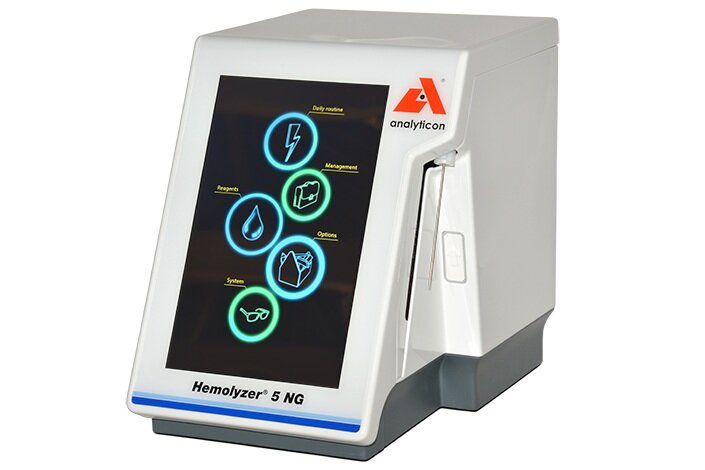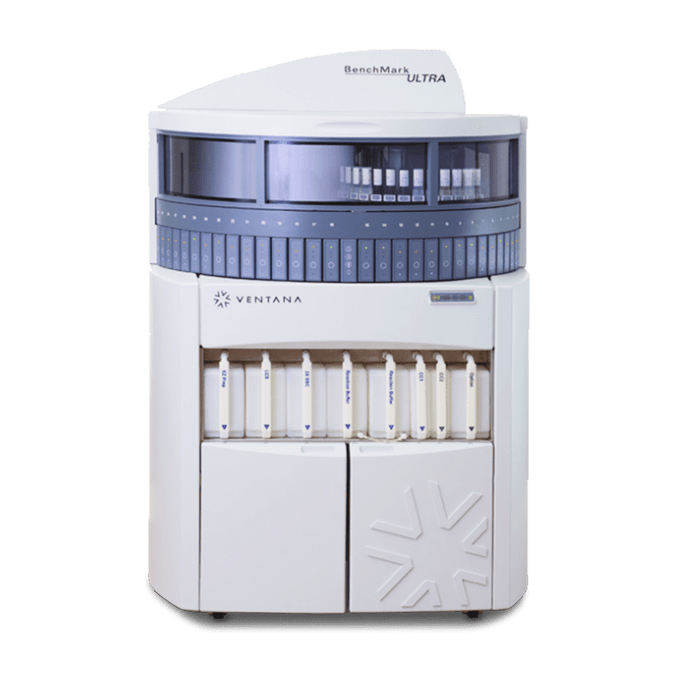Pharm Made Easy 4.0 Hematologic System embarks on an illuminating journey into the intricacies of blood and its vital components. Delving into the cellular tapestry of the hematologic system, this comprehensive guide unravels the mysteries of blood cell production, maturation, and their profound impact on overall health.
Through an engaging narrative, Pharm Made Easy 4.0 Hematologic System unravels the complexities of blood disorders, their diagnosis, and the latest treatment modalities. Prepare to delve into the fascinating world of hematology, where the intricacies of blood hold the key to understanding human health and well-being.
Hematologic System Overview

The hematologic system is responsible for the production and regulation of blood cells. It consists of the bone marrow, spleen, lymph nodes, and thymus.
Blood cells have various functions, including oxygen transport, immune defense, and blood clotting. The following table summarizes the different cell types, their functions, and normal ranges:
| Cell Type | Function | Normal Range |
|---|---|---|
| Red blood cells (erythrocytes) | Oxygen transport | 4.5-5.5 million/μL |
| White blood cells (leukocytes) | Immune defense | 4,000-11,000/μL |
| Platelets (thrombocytes) | Blood clotting | 150,000-450,000/μL |
Expert Answers: Pharm Made Easy 4.0 Hematologic System
What is the role of erythropoietin in the regulation of red blood cell production?
Erythropoietin is a hormone produced by the kidneys in response to decreased oxygen levels. It stimulates the bone marrow to produce more red blood cells, thereby increasing the oxygen-carrying capacity of the blood.
What are the common causes of anemia?
Anemia can result from various factors, including iron deficiency, vitamin B12 deficiency, chronic diseases, and certain medications. It occurs when the body does not have enough healthy red blood cells to carry oxygen effectively.
How does the immune system utilize white blood cells?
White blood cells play a crucial role in the immune response by identifying and eliminating foreign invaders such as bacteria, viruses, and parasites. They work together to protect the body from infections and diseases.
What is the significance of platelets in blood clotting?
Platelets are essential for blood clotting. When blood vessels are damaged, platelets aggregate at the site of injury and form a plug, preventing excessive bleeding. They are crucial for maintaining the integrity of the circulatory system.
What are the potential complications of hematologic disorders?
Hematologic disorders can lead to various complications, including infections, bleeding, anemia, and organ damage. The severity of the complications depends on the type and stage of the disorder.

